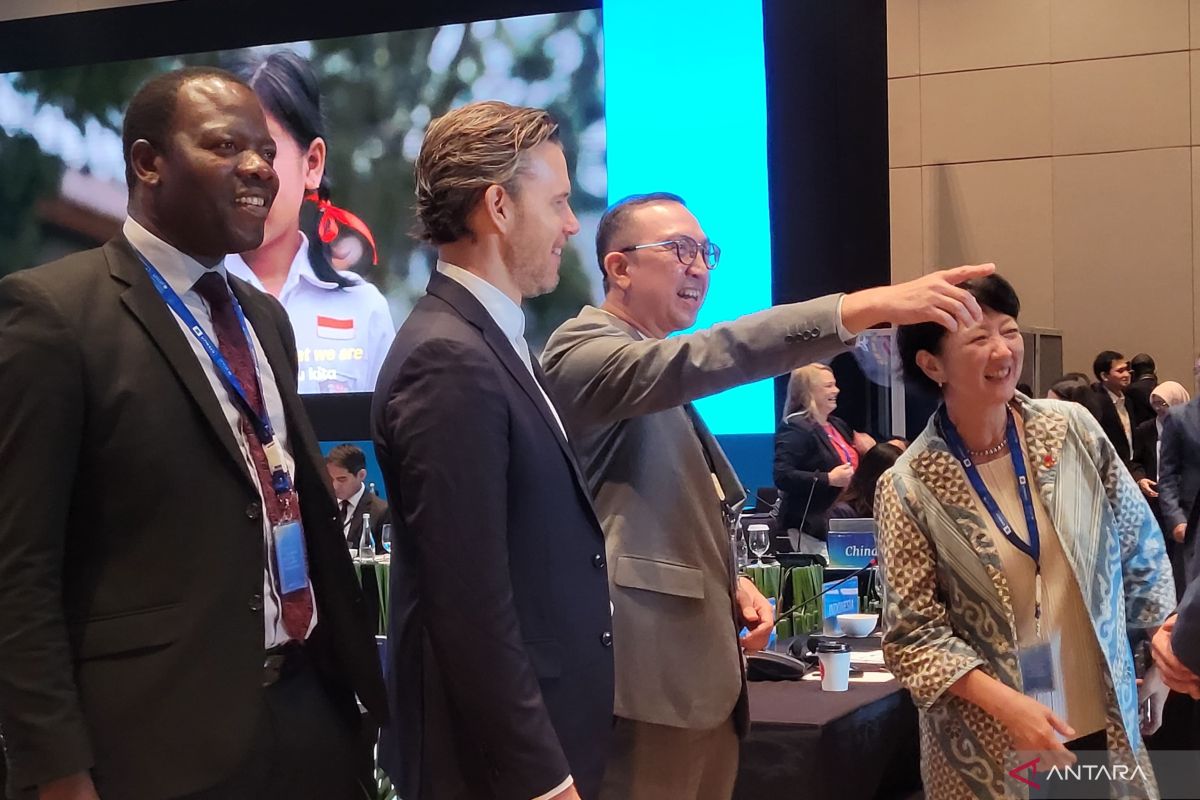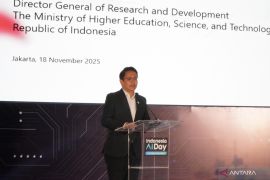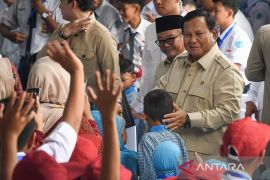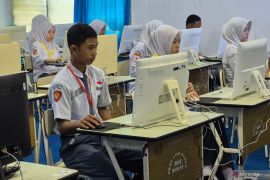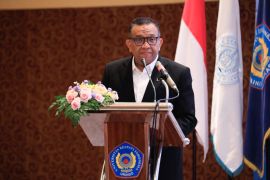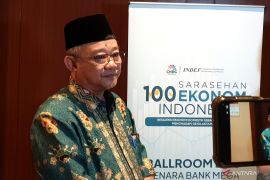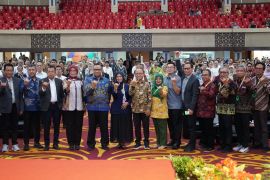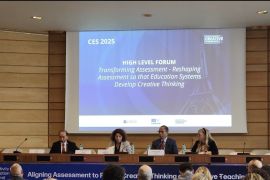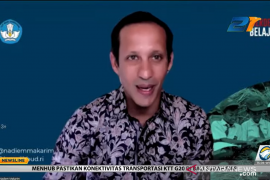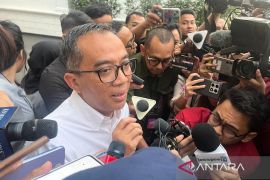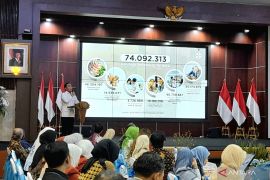The concept was presented by Director General of Early Childhood, Primary, and Secondary Education at the Education, Culture, Research, and Technology Ministry, Iwan Syahril.
The GSVI brought together 56 participants from 20 countries and nine international organizations in Indonesia.
Syahril elaborated on Dewantara's concept by using the mango farmer analogy, wherein to produce quality mangoes, farmers must sow mango seeds and carry out an appropriate planting and caring method.
"It is impossible for us to harvest (good) mangoes if we use the coffee bean care method," he remarked.
Hence, Syahril said, the ministry implements the Merdeka Belajar program, which means freedom for students in learning.
In this program, education is based on the students' interests and talents, and the educators as their guides.
This concept has improved the quality of education in Indonesia through technological interventions.
Syahril affirmed that technology has supported education in Indonesia, which had the longest reported school closure time, totalling 644 days during the COVID-19 pandemic.
"Data from 2018, or before the pandemic, showed that around 70 percent of 15-year-old students did not have adequate skills in literacy and numeracy. Therefore, technology-based interventions can minimize the risk of learning loss," he remarked.
Moreover, the Merdeka Mengajar Platform (PMM) for teachers so far has 3.2 million active users and 52 percent of the 240 thousand teachers in rural areas are actively using the platform.
"PMM is designed to be simple and easy to use on smartphones. This is considered an inclusive policy," Syahril remarked.
Related news: Merdeka Curriculum: Parents take center stage in education reform
Related news: Indonesia's minister urges synergy to improve workers' competencies
Translator: Sean M, Kenzu
Editor: Azis Kurmala
Copyright © ANTARA 2024
